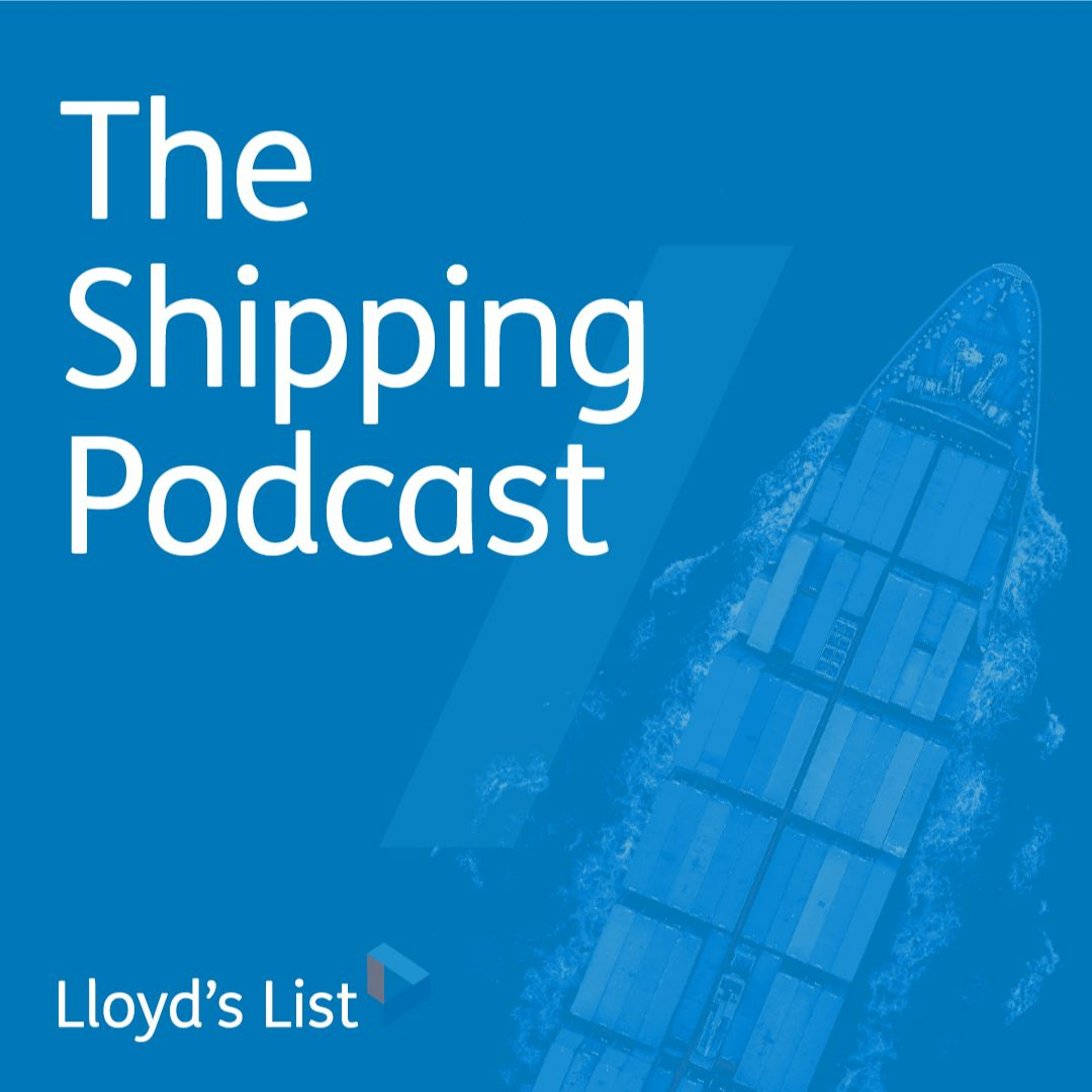
Collaboration will open shipping up to lasting efficiencies
Lloyd's List: The Shipping Podcast
Shownotes Transcript
SPONSORED CONTENT - in association with Rightship
HOW easy is it to collaborate with competitors, people who want to take our business away from us? Who should we collaborate with, and to what purpose?
These are the key questions addressed by Tarun Mehrotra, chief strategy officer, at RightShip, on this podcast. While acknowledging that working together for a greater good will demand rethinking how businesses operate, he insists the shipping industry must take heed of the expectations of society at large.
Shipping does not work in isolation. The industry exists to serve world trade, and customers are demanding that each element in the supply chain does its best to become a zero-harm business. That means stakeholders collaborating, said Mr Mehrotra.
A clear example of where sharing best practice works for all parties is maritime safety. It is a space where there should be no question about working together.
“Safety performance cannot be a competitive advantage — one life lost is one life too many.”
Collaboration is also being driven by the needs of decarbonisation, which involves every business. In a multi-fuel future, ship owners, managers, and charterers can share many lessons about testing new technologies on board. Not all trials are successful and there’s little value in repeating a failed experiment over and over. It is expensive. Knowledge must be shared across the value chain.
“We have to sort out the framework for collaboration on data exchange standards; on who owns what data, and what we can do with it,” Mr Mehrotra says, “and there are technological solutions around how we can do that.”
Like so many companies in shipping, Rightship is in transition. It is shifting from a vetting-focused business to one with a vision firmly centred around zero harm and finding ways to make it come to life. Transition is the perfect time to consider the possibilities that open up through collaboration, partnership and association.
He argues the case for going back to the metaphorical drawing board to brainstorm a whole new business model for maritime, rethinking commercial contracts to unlock efficiency gains, collaborating across the business model to attract and empower new skills and talent.
Decarbonisation will galvanise the industry into collaboration, he concludes, and the opportunities are endless.